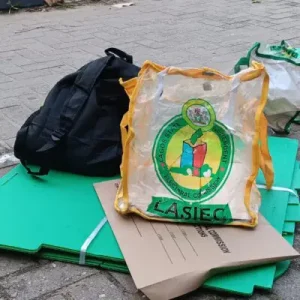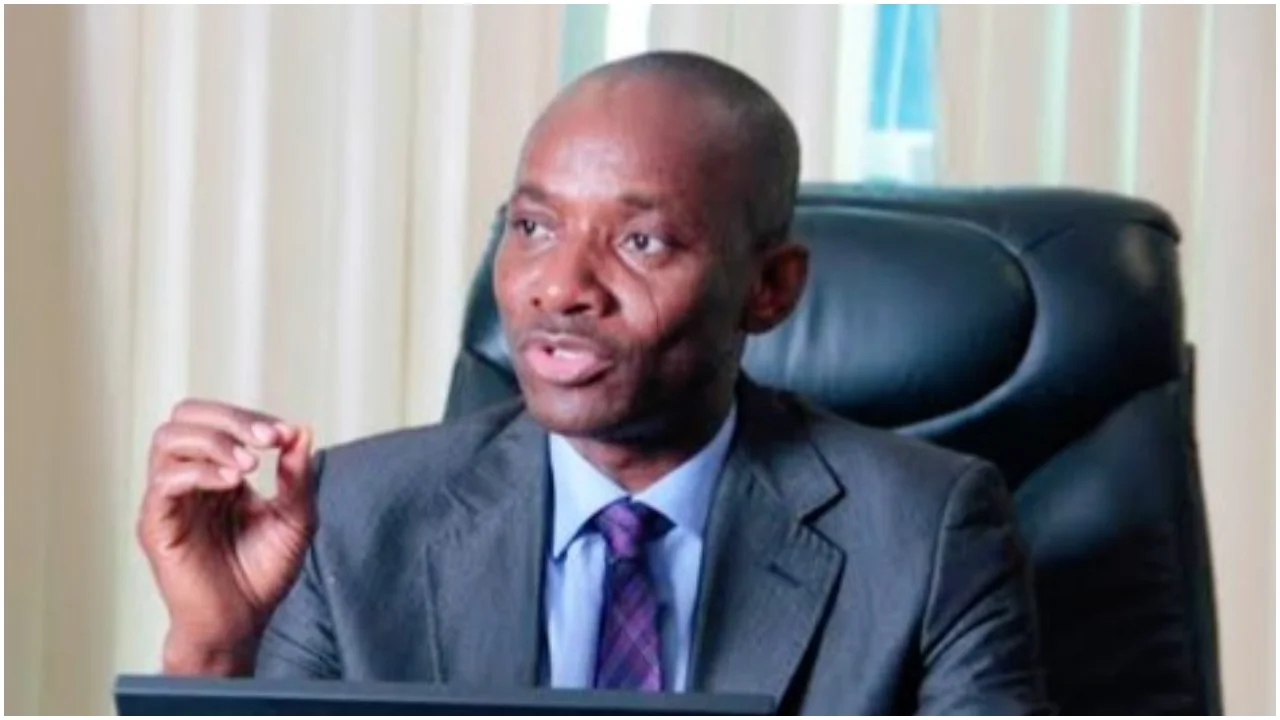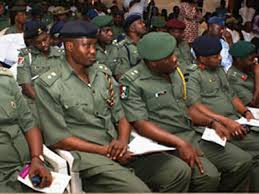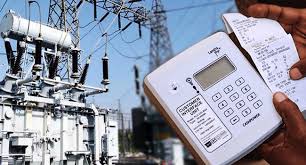Lagos Local Government Elections: Many Residences Remain Quiet as Polling Units Stay Empty
The ongoing local government elections in Lagos State have revealed a concerning trend: several residential polling units across the city were almost entirely vacant, with many residents choosing not to participate in the voting process. Despite the excitement and anticipation that usually accompany election days, the visibility of voting activity in many Lagos neighbourhoods was surprisingly low.
Many polling units, particularly in densely populated areas, either had very few voters present or appeared completely empty at the scheduled start time. This issue was compounded by the late arrival of electoral officials in some locations, which led to delays and confusion among residents eager to cast their ballots. In some cases, residents who arrived early found their polling stations unmanned for extended periods, leading to frustration and a sense of disengagement from the process.
The situation was especially noticeable in residential districts where community participation is usually high, but this time, most residents seemed hesitant or disinterested in voting, possibly due to dissatisfaction, apathy, or lack of awareness. Many residents expressed concerns about the low turnout and questioned whether the election could truly reflect the will of the people if many homes and neighbourhoods remained silent..
A resident who spoke anonymously said that Nigeria has lost interest in voting because, after voting, their votes don’t count. He asked, “What’s the need to come out and vote if you might still lose your life, and your vote will not be counted?” He explained that this is the reason why no one is coming out to vote
The low turnout among residents at these residential units is particularly significant because it underscores ongoing challenges in grassroots political engagement and voter motivation in Lagos. These elections serve as a critical test of political momentum for the ruling parties, especially the All Progressives Congress (APC), which has historically dominated Lagos politics. The quiet voting day may indicate a shifting landscape, with some voters feeling disengaged or disillusioned with the election process.
Despite the low turnout, authorities of the Lagos State Independent Electoral Commission (LASIEC) assured that all necessary arrangements had been made for a credible poll. Security agencies deployed officers across various polling units to maintain order, and election materials were distributed smoothly in many areas. However, the visible emptiness at many residential polling units remains a stark reminder of the challenges in mobilising grassroots participation.
As voting continues across Lagos, political parties, observers, and residents alike are watching closely. This election, taking place against the backdrop of recent political developments and the upcoming 2027 general elections, could serve as an important indicator of public confidence and engagement at the local level. While many polling units remain quiet and attendance appears subdued, the outcomes could have significant implications for Lagos’s political landscape and the future of grassroots governance.
Voting begins at Gov Sanwo-Olu’s polling unit on Lagos Island
Voting activities have commenced at Polling Unit 007, located within St. Stephen’s Nursery and Primary School, Adeniji Adele, Lagos Island, where Governor Babajide Sanwo-Olu is expected to participate in the ongoing local government elections.
The exercise, aimed at electing chairmen and councillors across the state, began promptly at 8:00 a.m. as scheduled. Officials of the Lagos State Independent Electoral Commission, LASIEC, arrived at the polling unit on time and immediately began the electoral process.
Security presence was visible at the venue, with police officers stationed to maintain order and ensure a peaceful voting environment in all the polling units. .
The local government election is taking place across all 20 constitutionally recognised Local Government Areas, LGAs, and 37 Local Council Development Areas, LCDAs, in Lagos State.



